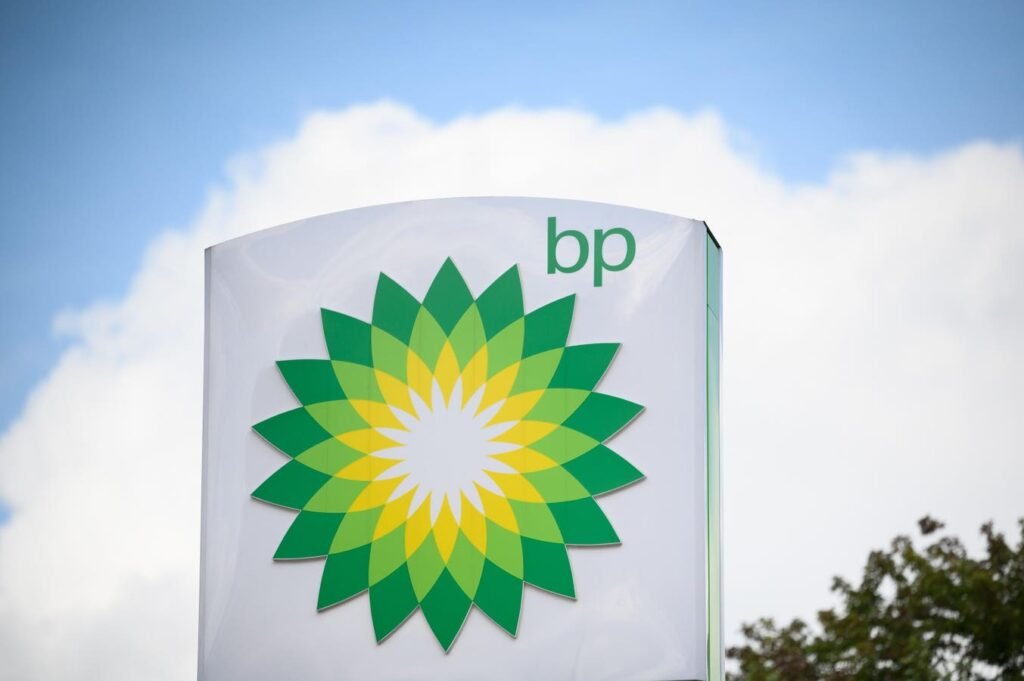BP’s decision to scale down its renewable energy ambitions came as no surprise to market observers, given the company’s shift in focus under former CEO Bernard Looney in 2020. Despite investing $2.5 billion in offshore renewables, hydrogen, EV charging, and biofuels, the move was seen as out of sync with shareholder desires for a focus on the core oil and gas business. This led to a decline in BP’s share price and speculation about a potential takeover.
Following rival Shell’s successful response to scaling back its renewable energy exposure earlier in the year, BP’s new CEO Murray Auchincloss made adjustments to the company’s targets. This included revising plans to reduce oil and gas production by only 25% by 2030, a move away from the previous 40% reduction goal. Auchincloss also paused new bids for offshore wind projects and implemented cost-cutting measures, including job cuts and a hiring freeze for renewables divisions.
Despite scaling back its renewable energy ambitions, BP will continue to invest in biofuels and low-carbon businesses in the hopes of generating short-term returns. The company recently acquired full control of its Brazilian ethanol joint venture for $1.4 billion, emphasizing a shift towards a more focused and higher value company. BP stated that delivering on six priorities, including driving focus on activities that create the most value and delivering growth projects, is essential for the company’s future success.
BP’s shareholders may breathe a sigh of relief at the possibility of short-term gains following the company’s strategic adjustments. However, long-term challenges remain regarding BP’s future in an evolving energy landscape. While the company aims to grow its value, it will need to navigate the transition to a lower-carbon economy while maintaining profitability. The pressure from shareholders and the market will continue to shape BP’s strategic decisions in the coming years as it seeks to adapt to changing energy demands and investor expectations.












